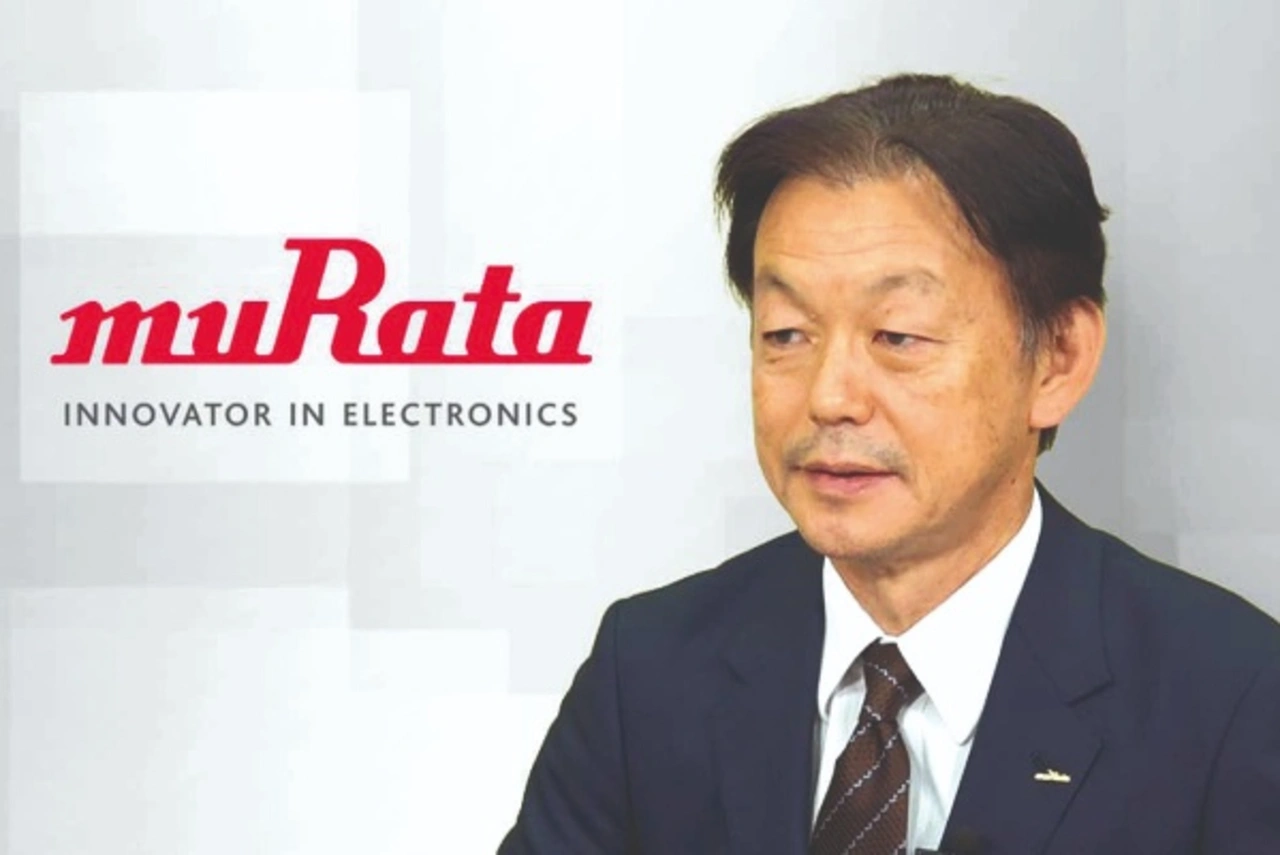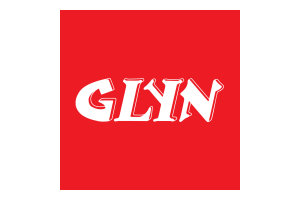U.S. Curbs Against Chinese Chip Sector
How the Chip War Affects Europe
Although the recent US export controls for semiconductors and equipment are only binding for the United States, these will likely have an indirect impact on the German and European electronics industry. What are the consequences and what are the feasible strategies?
The new U.S. export restrictions include both targeted and comprehensive elements. High-performance computing seems to be the target at first glance, as graphic processors (GPUs), memory ICs and other chips for supercomputers and artificial intelligence (AI) are directly affected. At the same time, the elements of the U.S. sanctions are far-reaching, as Rhodium Group analysts point out. China, they say, should be prevented from being able to develop and manufacture cutting-edge chip technologies.
Therefore, state-of-the-art EDA software, chip manufacturing equipment and their components are also included in the sanctions. The U.S. administration is deliberately pursuing a long-term, expansionary, and extraterritorial approach to achieve potential spillover effects, analysts said. By this, they intend that restrictions on supercomputers will also affect adjacent or supporting technology areas, such as server power supplies and their components, server cabinets and their components, UPS systems and their components, etc.
And this is precisely where companies outside the US come into play, especially in Europe and East Asia. In view of the complex supply chains, the U.S. unilateral action is also likely to have certain adverse effects on chip companies and their suppliers in these regions. If companies there want to sell specific products manufactured with U.S. technology to Chinese companies, they must immediately obtain an exemption under the Foreign Direct Products (FDP) regulations, which is only valid for one year and then must be renewed; but of course, no one knows whether this exemption will be renewed next year. The same has been true since 2019 for sales of certain technologies to more than two dozen Chinese companies on a U.S. Commerce Department Entity List; the most famous example is Chinese tech company Huawei. In addition, U.S. sanctions are likely to affect manufacturing facilities of foreign companies in China.

European chip manufacturers such as Infineon, STMicroelectronics, NXP and Bosch are unlikely to be directly or just marginally affected, according to Jan-Peter Kleinhans, Director Technology and Geopolitics at Stiftung Neue Verantwortung. For equipment manufacturers, however, the situation is different, he says: ASM International assumes that some 40 percent of its China sales will be affected, which accounted for around 16 percent of total revenue in the last quarter. Aixtron, on the other hand, seems to be hardly or not at all affected, and ASML, too, spoke at an earnings call of a rather small extent: The maintenance of existing machines by employees with U.S. passports and the export of spare parts directly from the U.S. seem to be affected most of all.
Reluctance Among German Companies
As a result, European companies have responded rather calmly so far. Infineon, for example, told Markt&Technik that "the new export restrictions are aimed at supercomputers, which we do not currently manufacture. If changes in regulatory requirements come into effect affecting our business with individual customers, we will carefully review these and take additional action if necessary." Texas Instruments said that based on current knowledge, the company does not expect that this regulation will significantly impact its own product or service flow. Harting pointed out that although it does not buy semiconductors itself, "our customers do. Therefore, the restrictions are likely to affect economic relations in general," a Harting spokesman summed up.
Josef Vissing, President of TDK Europe, shares a similar view: "As a manufacturer of passive components, we are affected only indirectly. For example, customers of ours producing in China could be forced to reduce their production volumes in China due to bottlenecks and shortages in their supply of semiconductors. If so, fewer passive components are likely to be ordered." On the other hand, TDK assumes that its own ability to ship from its own Chinese production sites would hardly be directly affected.

Major parts of the Chinese semiconductor industry are also unlikely to be affected at all, argues Jan-Peter Kleinhans. This was confirmed, for example, by the Dutch chip manufacturer Nexperia, part of the Chinese Wingtech Group. "After the evaluation of the regulations by our team of experts, we come to the conclusion that the export restrictions do not apply to our products," was the statement from the German headquarters in Hamburg. Other Chinese chip companies such as Innoscience and StarPower, on the other hand, however, remained silent or declined to comment to Markt&Technik.
According to the Mercator Institute for China Studies, European companies will be faced either to bow to the new U.S. approach or to try to circumvent it, for example by creating a kind of "firewall" for their business in China and in the United States. This seems to be the approach taken by Murata, the world leader in multilayer ceramic capacitors (MLCCs). Speaking to Nikkei Asia, its president Norio Nakajima said that the economies of the U.S. and China were decoupling faster than expected. As a result, Murata, which operates a large manufacturing facility in Wuxi, China, is establishing twin supply chains, he said. Supply chains are also likely to become more decoupled in the areas of AI and chip manufacturing, suspects Jan-Peter Kleinhans of the Stiftung Neue Verantwortung. But other, large parts of the supply chain, for example in consumer electronics, automotive chips or power semiconductors, are not affected by the restrictions, so trade and cooperation with China is likely to continue in these segments.
Nevertheless, European manufacturers must prepare themselves for significantly more compliance work, according to Kleinhans: At which positions, in which products, are we affected by U.S. restrictions? What impact could research partnerships with the U.S. or the hiring of U.S. personnel have? Who are the end customers in China? Additionally, Kleinhans urges the industry to lobby German and European political leaders. Currently, they are in reaction mode, because the U.S. defines what is possible and what is not in the Chinese semiconductor market. There is no equally clear positioning on the part of Europe or even Germany. Neither Europe nor Germany had defined clear "red lines" regarding technology transfer in the semiconductor sector to China.

Further Tightening Expected
Due to the Mercator study, the new U.S. export restrictions will hit the Chinese chip industry hard. In the longer term, however, these could boost the Chinese industry's efforts to build a local supply chain for semiconductors. Considering China's importance to many non-U.S. chip companies, the world could eventually break up into even two separate semiconductor ecosystems. Europe may be tempted to engage in both markets, posing the risk that Europe could ultimately lose access to both markets.
Beijing, in turn, has proven in the past that it is willing to pay a high price for its strategic goal of becoming technologically self-sufficient, according to the Mercator study – and its interest in European high-end chip technology would likely grow as well. Chinese tech group Wingtech, for example, acquired Dutch chipmaker Nexperia in 2016, and just recently Sai MicroElectronics tried to grab Elmos' chip manufacturing in Dortmund, Germany. China could also use its power in materials as leverage. The country is an important supplier of rare metals and has already used this supremacy as a means of exerting pressure in disputes with other countries.
On the other hand, Rhodium Group analysts also point out that the U.S. government will take further regulatory action in the coming months. At the last Wassenaar Arrangement Meeting in December 2021, the 42 member states agreed on restrictions on EDA software for gate-all-around FET, as well as restrictions on gallium oxide (Ga2O3) and diamond substrates. Also, the scope could be extended to biotechnology and batteries. This could, for example, choke off the booming battery industry in Germany and Europe as electric mobility takes off.







